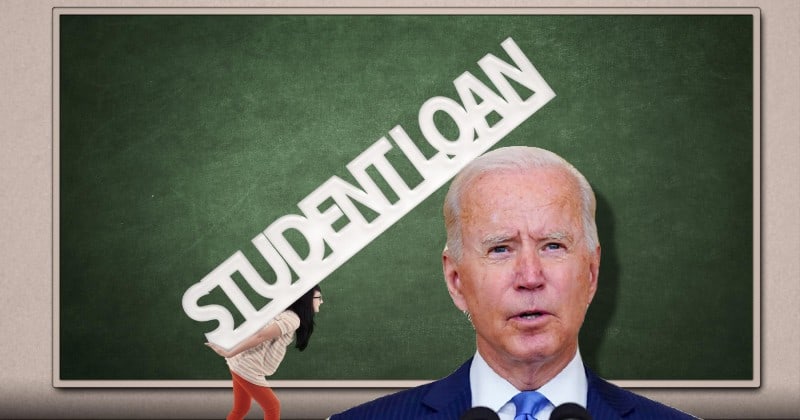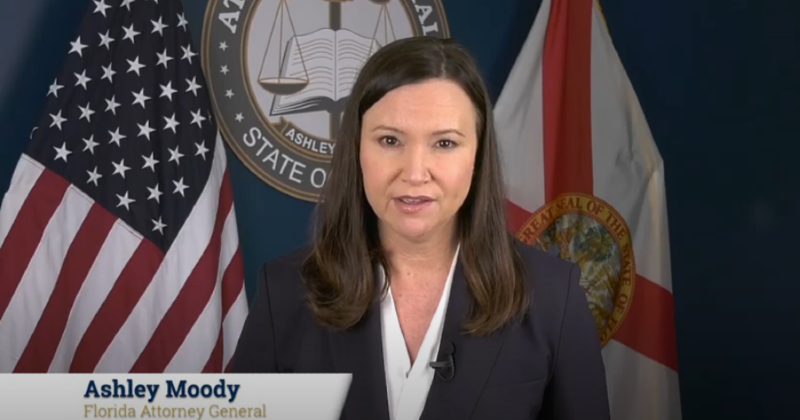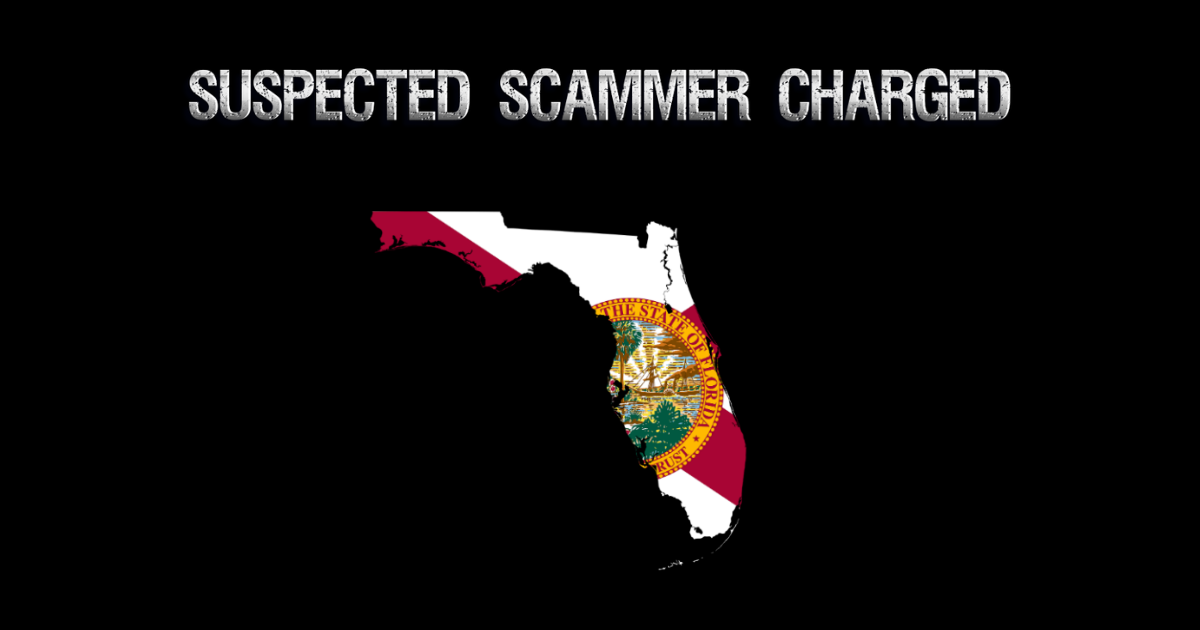This week, Florida Attorney General Ashley Moody announced she is leading a multistate effort calling on the Federal Trade Commission (FTC) to adopt a national rule to target impersonation scams.
Along with 48 other attorneys general, Moody is raising concerns about the plethora of impersonation scams targeting consumers and the current lack of a national rule to outlaw these fraudulent acts.
“Though the methods may vary, imposter scams cause financial harm to consumers, drain resources from regulators tasked with protecting the public and may cause loss of trust in government services. We need more clarity at the national level to assist states in stopping imposter scams and that is why I am urging the FTC to take swift action and adopt a national rule to better equip states to stop imposter scams,” Moody said.
Imposter scams take on many forms:
Impersonation of government entities: Fraudsters claim to be from, or affiliated with, a government agency to persuade victims of the agency to provide payments to obtain licensing or certificates in document preparation or regulatory compliance scams.
Person-to-person deception: Grandparent scams, romance scams and other scams use personal information to make a connection with victims. Whether claiming a grandchild is in urgent need of money or creating a fake profile to gain the trust of someone on a social media or dating site, impersonation scams account for thousands of complaints to attorneys general each year.
Business impersonation: Fraudsters claim to be working directly for an actual business or as a third party endorsed by the business. Common examples include tech support scams, where the imposters claim to be are contacting the victim on behalf of companies—such as Microsoft or Apple—to assist with a ransomware or technology issue.
Moody obtained six consent judgments against companies that engaged in a tech-support scam in 2020 and 2021. The imposters posed as reputable companies and placed either telemarketing calls to consumers or created pop-up alerts offering to perform a complimentary computer diagnostic to ensure the security of a computer. The scam is believed to have targeted more than 70,000 consumers nationwide. Consent judgments relating to tech scams and other imposter cases resulted in the organizations ceasing operations and providing millions of dollars in relief.
The letter highlights the need for additional rules issued by the FTC to counter these scams. The comment letter states: “There is a pressing need for FTC rulemaking to address the scourge of impersonation scams impacting consumers across the United States. A national rule that encompasses and outlaws such commonly experienced scams discussed [in our letter] would assist Attorneys General and their partners in reducing consumer harm, maximizing consumer benefits and holding bad actors to account.”
A robust national standard outlawing impersonation scams should:
- Deter bad actors and reduce consumer harm;
- Provide needed clarity on what conduct constitutes impersonation, since government and business impersonation scams can range from overt pretense to misleading subtlety;
- Deprive bad actors of the excuse that they were allegedly not aware their activities were illegal in some jurisdictions as opposed to others;
- Provide more opportunities for the states to collaborate with the FTC on multistate-enforcement actions against imposter scammers; and
- Allow states to enforce their own standards, free of any preemption by a federal rule.
The attorneys general recommend the FTC publish additional consumer and business education materials to help prevent consumers from becoming victims of impersonation fraud. These efforts can serve as a compliment to a strong regulation with a robust enforcement scheme, not as an alternative.
Moody was joined by the attorneys general of Alabama, Alaska, Arizona, Arkansas, Colorado, Connecticut, Delaware, the District of Columbia, Georgia, Guam, Hawaii, Idaho, Iowa, Kansas, Kentucky, Louisiana, Maine, Maryland, Massachusetts, Michigan, Minnesota, Mississippi, Missouri, Montana, Nebraska, Nevada, New Hampshire, New Jersey, New Mexico, New York, North Carolina, North Dakota, Ohio, Oklahoma, Oregon, Pennsylvania, Rhode Island, South Carolina, South Dakota, Tennessee, Texas, Utah, Vermont, Virginia, Washington, West Virginia, Wisconsin and Wyoming.











